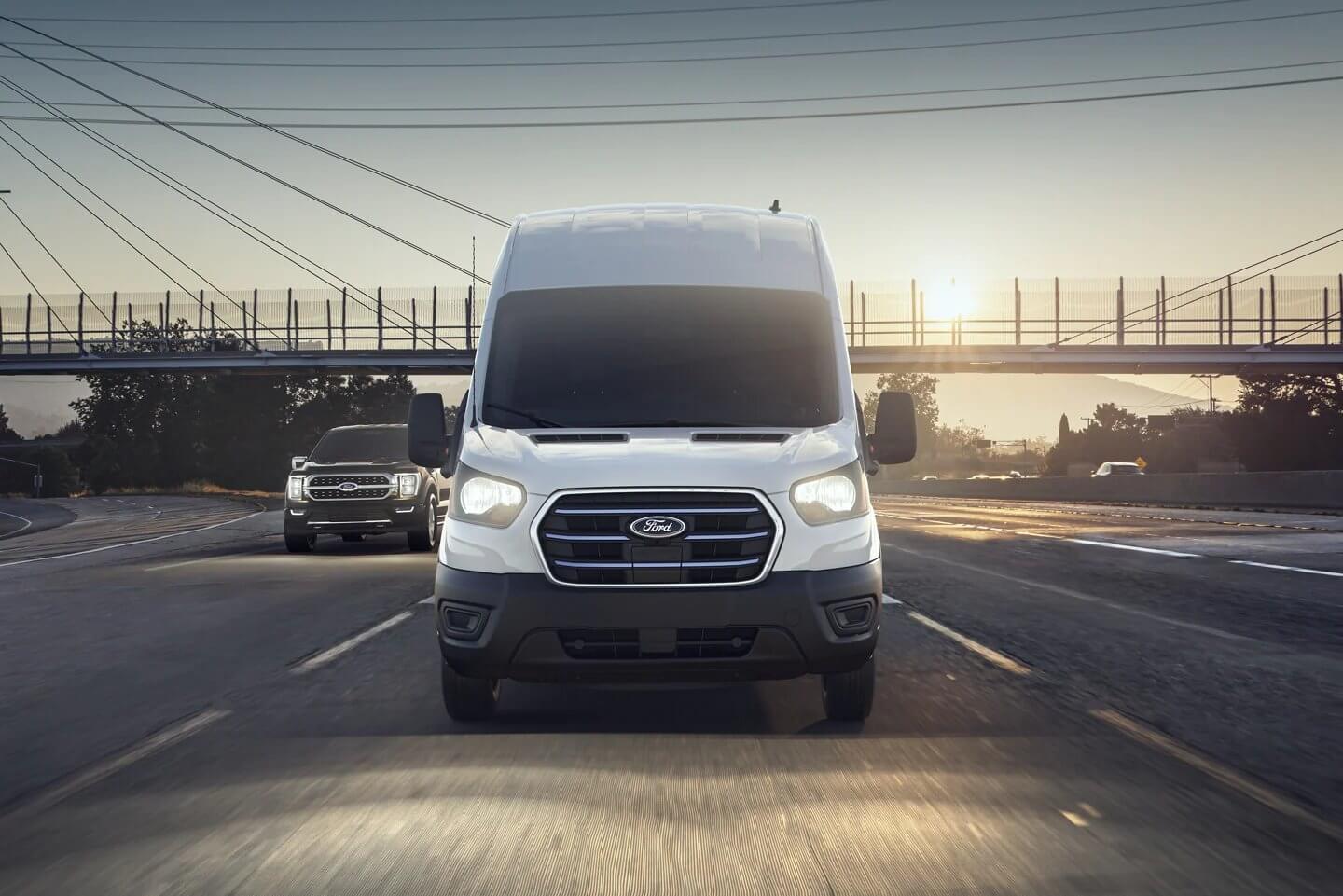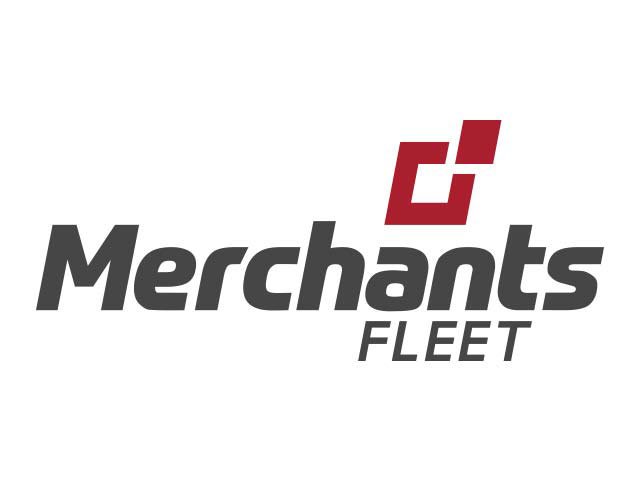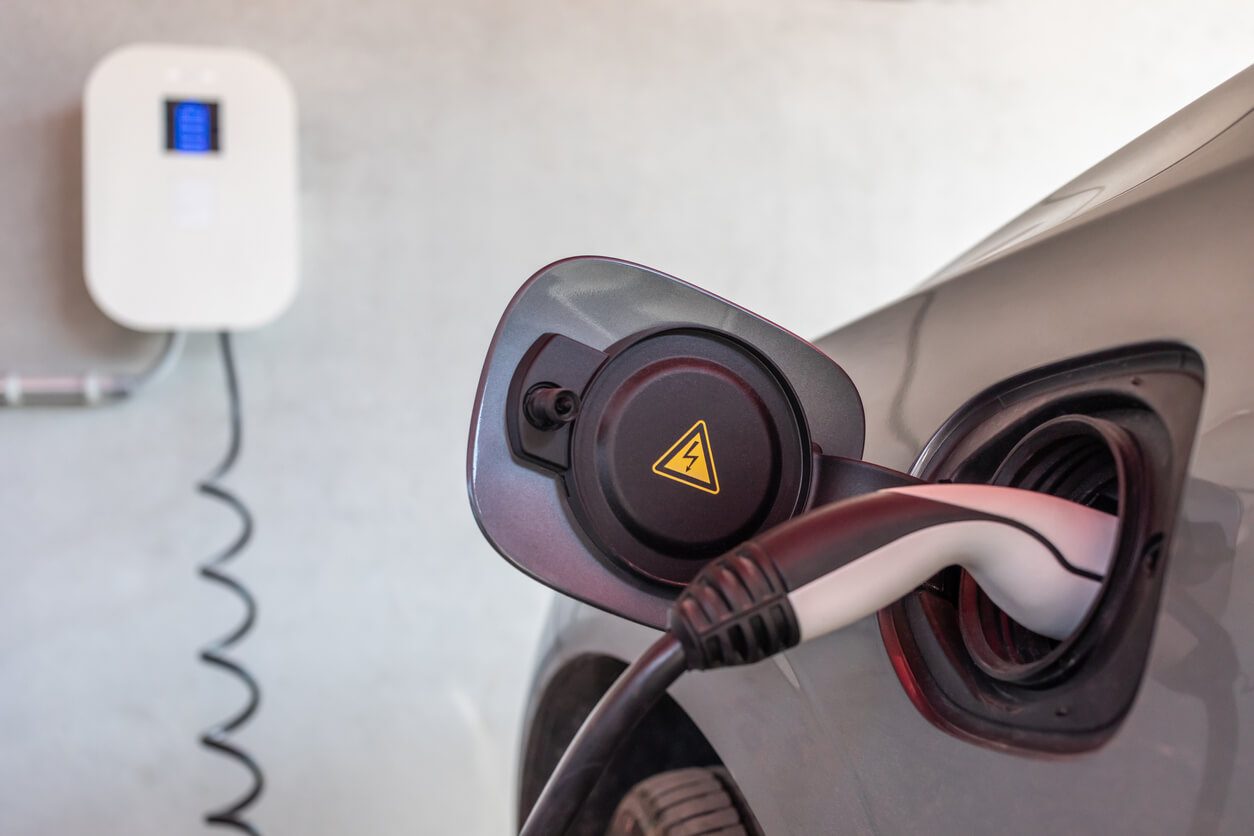Electric Vehicle Tax Credits and Other Incentives for Fleets Explained
To encourage the ongoing shift toward environmentally friendly electric vehicles, governments and utilities are putting in place financial programs that incentivize people and organizations large and small to “go electric” by converting to EVs.
EV is a term for vehicles that rely (at least partially) on battery power. There are a few subcategories of EVs, like the following:
- All-electric vehicles or battery electric vehicles (AEVs or BEVs) have an electric motor. The batteries are charged using electric vehicle supply equipment and recharge while driving through regenerative braking.
- Hybrid electric vehicles (HEVs) are powered by an internal combustion engine assisted by an electric motor that uses batteries to run. A traditional hybrid is recharged through regenerative braking and refueled with gas but cannot be charged electrically.
- Plug-in hybrid electric vehicles (PHEVs) have both an internal combustion engine and an electric motor. They can charge their battery through regenerative braking like a regular hybrid but have a larger battery and can be plugged in to be charged and refueled with gasoline.
There are many governmental tax credits and incentives for all types of EVs. These programs encourage individuals and businesses alike to purchase EVs. They also support EV fleet adoption and make the transition process easier for companies of all sizes. From federal to local, there are a variety of incentives to look into.
What Is an Electric Vehicle Tax Credit?
An electrical vehicle tax credit is a government incentive to encourage the purchase of BEVs and PHEVs. If an EV is leased, in most instances the fleet management company receives the tax credit but typically factor it in to the cost of the lease.
Are There Any Incentives for Installing EV Charging Stations?
Yes, just as there are incentives and tax credits for EVs, they are also available to help cover the cost of charging equipment and its installation. We cover popular incentives in the next section.
Qualified Plug-In Electric Vehicle (PEV) Tax Credit
Under the Qualified Plug-In Electric Vehicle (PEV) Tax Credit, certain new electric vehicles are eligible for a federal income tax credit of up to $7,500. This applies to PEVs acquired after December 31, 2009. The amount credited depends on the battery size of the vehicle and may only be used as non-transferable federal tax credit. The credit begins to phase out for manufacturers when 200,000 units have been sold. Both Tesla and General Motors EVs are no longer eligible for this credit, but they are still eligible for state and local incentives.
State Incentives for EV Fleets
Many states have a variety of EV tax incentives, grants, loans, rebates, or other opportunities for savings. Some states, like California, have large incentive programs to encourage the use of EVs for personal and professional use. In addition to tax exemptions and replacement vehicle incentives, drivers of qualifying California EVs may use the HOV/carpool lanes on the highways. This incentive includes trucks and cargo vans and can be a helpful timesaver for commuters or fleet drivers. The U.S. Department of Energy has an extensive list of state laws and incentive programs pertaining to EV fleets.
Local Incentives
In addition to federal and state incentives, many local governments, power companies, and others offer EV enticements. Power companies offer programs such as public charging station incentives, rebates on installing charging stations, and favorable electric rates for charging during off-peak hours.
Local governments are increasingly offering parking benefits to EV drivers. In Miami Beach, Florida, eligible drivers of low-emission vehicles are offered a 50% parking discount on parking permits in the city. In both Nashville, Tennessee, and Cincinnati, Ohio, EV drivers can park for free in the city (barring some exceptions – for example, in Cincinnati, this incentive applies only to BEVs or PEVs).
What Are the Benefits to Adding Electric Vehicles to Your Fleet?
Lead By Example
Many states or areas are completely phasing out new internal combustion engine (ICE) vehicles over the next 10-15 years. The move to EVs is now inevitable, and businesses can greatly benefit from joining the EV movement.
Environmental, Social, and Governance (ESG)
The most obvious benefit of going electric is its reduced impact on the environment in comparison to ICE vehicles. For many organizations, reducing the carbon footprint is now part of broader Environmental, Social, and Governance (ESG) goals. As your organization adopts and embraces the global ESG push, EVs will likely be your fleet’s path to supporting a healthy planet.
Cutting-Edge Technology
Be at the forefront of the tech that drives EVs. Realize the benefits of telematics, which greatly improve driver experience and overall fleet efficiency. There’s little doubt that EVs are the fastest path to sustainability and partnering with a fleet management company like Merchants Fleet that specializes in EVs is the best way to convert your fleet.
Reducing Fleet Total Cost of Ownership (TCO)
Drastically reduce fuel, operation, and maintenance costs with an EV fleet. Government tax incentives also make it more affordable to integrate EVs into your organization.
Why Fleets Should Use Telematics to Track Electric Vehicles
Telematics solutions can provide insight into where and how you can progress along your EV journey. With telematics, fleet managers can gain visibility into the vehicles in their fleet. Fleet managers can utilize this data to compare EVs and gas-powered vehicle performance and track ROI for stakeholders. Many telematics programs also provide energy usage reports, electric charging reports, and more.
Why Merchants for Your Fleet Electrification
At Merchants Fleet, we have many years of knowledge and experience with EVs and ICE vehicles. We support companies that are considering or in the process of EV fleet adoption. We also help fleet managers with the pilot program implementation process. We have a growing inventory of EV fleets, and provide a variety of support programs, including fleet telematics, maintenance, consulting, leasing, and more.
Contact an electric vehicle fleet expert to see how we can help at every step of the EV electrification journey.





